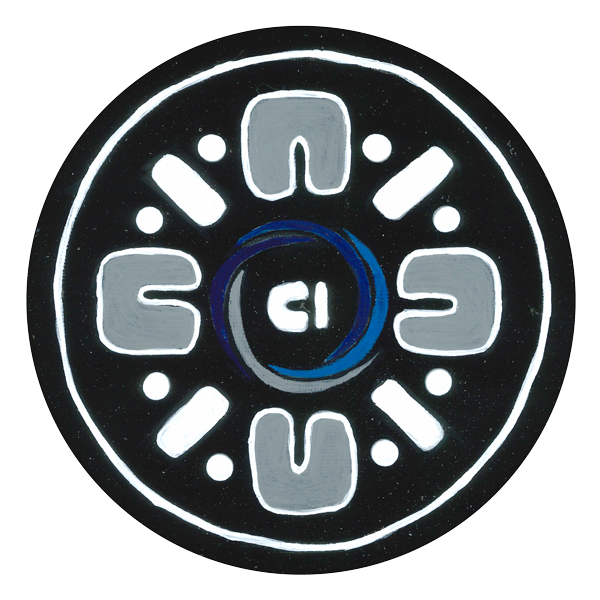Some basic items to include:
- Battery-powered, wind-up or solar-powered radio
- Waterproof torch
- Spare batteries for all devices
- First aid kit and guide book
- Toiletries including soap, handwash gels, alcohol wipes, toilet paper, tissues, toothpaste and sanitary items
- Cash and a phone card
- Woollen blankets
- Candles with waterproof matches or glow sticks
- Drinking water (consider having 10 litres per person to last three days)
- Dried and long-life food to last three days, include a can opener and utensils
- Waterproof bags for valuable items and documents
- Copies of essential documents such as prescriptions and insurance details or a USB stick with scanned copies
- Your written bushfire, cyclone, flood or emergency survival plan, including contact numbers of family or neighbours
- Items of protective clothing suitable for likely emergencies in your area such as long-sleeved natural-fibre shirts for bushfire areas, protective footwear or rubber boots in flood areas.
If you need to relocate, include:
- Prescription medications
- Toiletries and a change of clothes
- Mobile phone charger
- ATM cards and credit cards
- Important documents or valuables including passports, wills, photos, jewellery, insurance papers or mementoes
Don’t forget people with special needs in your family:
- Mobility aids
- Nappies and supplies for infants
- Encourage children to pack their favourite toy, colouring books, pens and pencils, cards or board games
- Items to keep your pets comfortable including a leash, basket, travelling cage and a familiar toy
Emergency Kit information courtesy of www.abc.net.au





